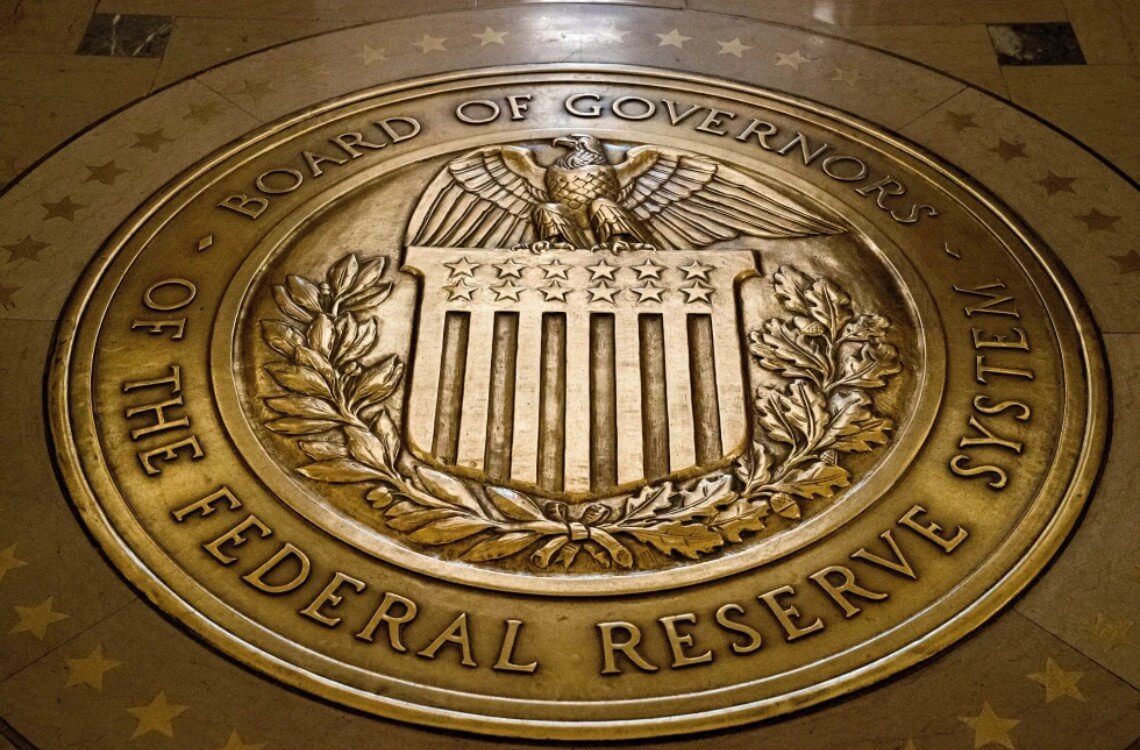A technological fumble at the Federal Reserve has led to a widespread disturbance in payment processes, leaving many Americans stranded without critical funds.
The Fed’s Automated Clearing House (ACH), the central hub for electronic money transfers, encountered a “processing issue” that brought transactions to a standstill.
This malfunction impeded some of the nation’s largest financial institutions from disbursing deposits, including the paychecks many depend on to manage their living expenses.
As the gears of the Federal Reserve’s payment apparatus ground to a halt, a wave of distress swept over consumers.
This system, which operates under the stewardship of the Federal Reserve Banks and the Electronic Payment Network, plays a pivotal role in ensuring the seamless movement of funds.
Banks were quick to assure customers that their accounts “remain secure,” and the Fed announced a return to regular service by 4:44 pm UTC. Yet, this declaration did little to assuage the concerns of affected individuals who found their accounts barren.
The Technological Reliability of Financial Systems
The ACH’s stumble underscores a latent vulnerability in the financial sector’s dependency on centralized technologies. Despite assurances of resumed functionality, customers like Georgiaree Godfrey voiced their frustrations on X (formerly Twitter).
Her paycheck had not materialized, placing her in a precarious position with her landlord. Des Imoto, another X user, challenged the notion of security espoused by financial institutions, arguing that the very absence of funds negates the premise of their safety.
Imoto pointed to Bitcoin as a potential solution to such systemic failures, underscoring the cryptocurrency’s decentralized nature. This outage is not merely about technical hiccups; it’s a stark reminder of the fragility in our financial infrastructure.
A September CNBC survey indicated a troubling trend: 61% of Americans are living from paycheck to paycheck, a number that has climbed from 58% in March.
The timing of the Federal Reserve’s system failure could not have been more inopportune, exacerbating the financial strain on many households.
Facing the Aftermath of the Outage
The repercussions of the outage rippled through the customer base of major banks as outage reports surged around 11:00 am UTC on the day of the incident.
Downdetector chronicled peaks in disruption reports, with Bank of America, Chase, and Wells Fargo experiencing significant spikes in reported issues.
Customers like LashishLizard took to X to express their concerns, inquiring whether Wells Fargo would compensate for late fees resulting from the delayed transactions.
The implication is clear: there are real-world consequences for these digital disruptions, reaching far beyond the abstract realm of technical errors.
This incident has put the spotlight back on the Fed’s recently launched FedNow service, which promises instant payments without relying on the ACH network.
However, the FedNow service’s role in the current financial ecosystem and its potential to prevent such incidents remains a topic for further scrutiny.
The Afterglow of Promises
Amidst the chaos, the Federal Reserve’s promise of all systems being operational post-outage rings hollow to those still grappling with the ramifications.
It is evident that the Fed needs to not only address the immediate technical failings but also bolster the robustness of their systems to uphold the financial security of the American populace.
With the financial heartbeat of the nation skipped a beat, the Fed is under the microscope. It’s not just a matter of restoring services but of restoring faith in a system that has shown it can falter, with the livelihoods of millions hanging in the balance.
The central bank’s next steps are crucial as they navigate the fallout and steer towards a future where such an outage is nothing but a distant memory.





